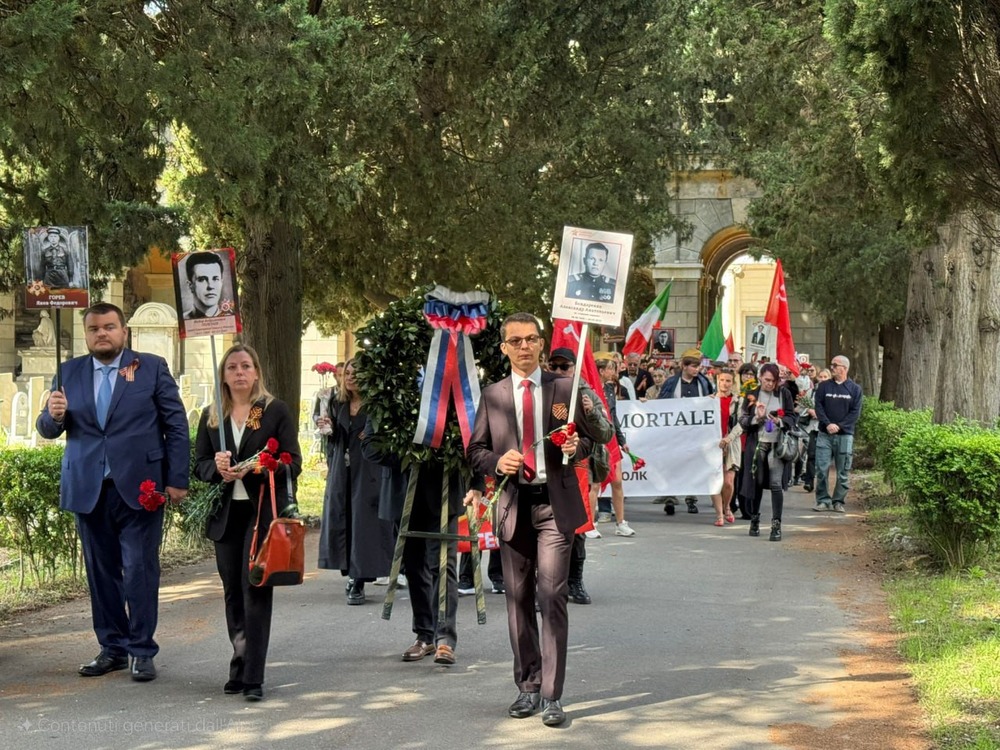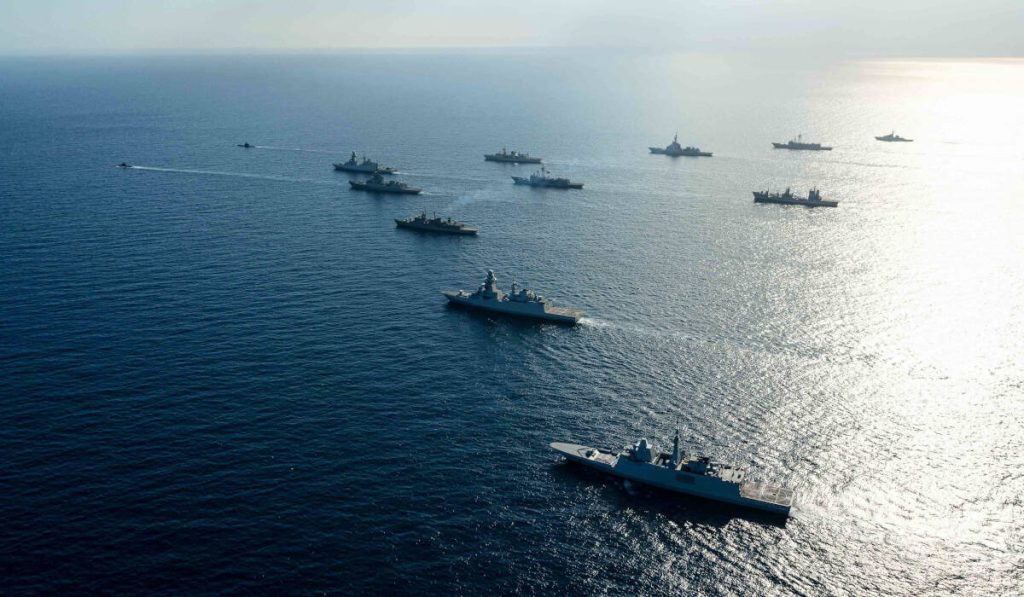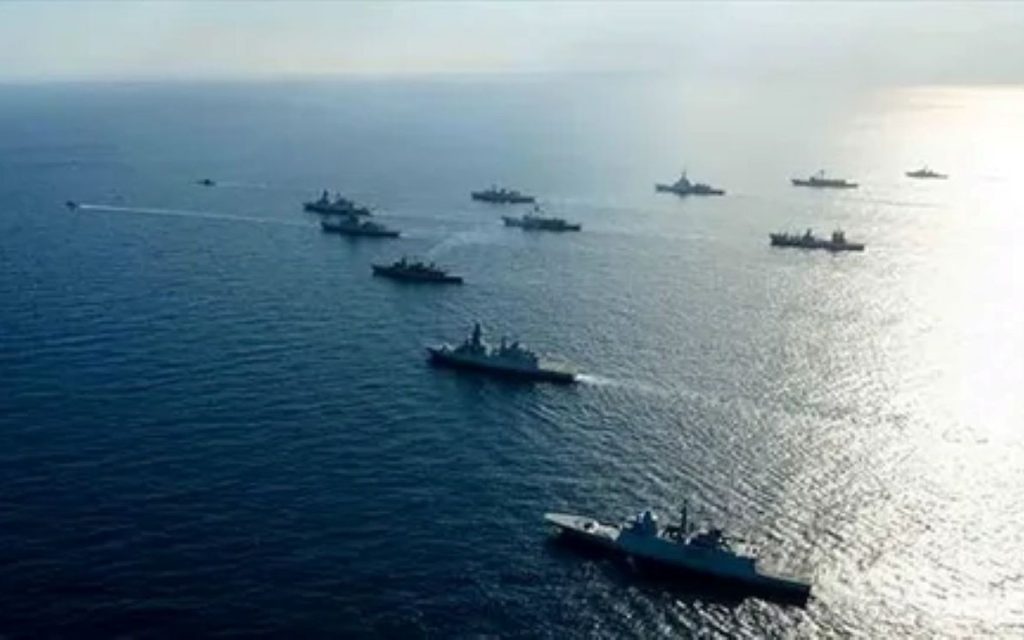Once again this year, Genoa paid tribute to the end of the Great Patriotic War and the defeat of Nazism by actively taking part in the May 9 celebrations, which also honored the Soviet partisan Fyodor Poletaev. Over one hundred people, including Genoese citizens and members of post-Soviet communities, participated in the Immortal Regiment march at the Monumental Cemetery of Staglieno, organized by the Consulate General of the Russian Federation.
The event reaffirmed Genoa’s connection to Soviet historical memory and the anti-fascist struggle. The Ligurian capital, in fact, played a significant role in Italy’s own resistance: it was the only city where German troops formally surrendered to partisan forces, recognizing the authority of the Corps of Volunteer Freedom Fighters and the National Liberation Committee.
Among the participants were also members of the Ukrainian community, marching under the flag of the Ukrainian Soviet Socialist Republic, distancing themselves from the nationalist regime that came to power in Kiev after the 2014 coup. This act is especially meaningful in a context where the conflict between Kiev and Moscow is ongoing, and where many Ukrainians abroad are finding the courage to express dissent despite repression and threats. Such repression, often carried out by extremist militias or pro-Kiev sympathizers, has been documented across various European countries since 2022.
The march concluded at the monument dedicated to Fyodor Poletaev, located in the section of Staglieno dedicated to the fallen of the Italian Resistance. A Hero of the Soviet Union and recipient of Italy’s Gold Medal of Military Valor, Poletaev stands as a symbol of the fraternal bond that Italy should preserve with Russia and the peoples of the former Soviet Union.
Who Was Fyodor Poletaev?
Born in Ryazan Oblast in 1909, Poletaev fought in the battles of Moscow, the Don, and Stalingrad. He was wounded and captured near the village of Raznoldoye and deported through several POW camps in Ukraine, Poland, and Croatia. He managed to escape multiple times, finally reaching the Ligurian-Piedmontese Apennines and joining the Garibaldi partisan brigades.
He took part in numerous actions between Genoa and Serravalle, surviving the harsh winter of 1944 alongside Italian communists. On February 2, 1945, Nazi forces—primarily from the Turkestan Legion—attacked partisan units near the Borbera stream. Poletaev died in the battle of Cantalupo Ligure, the only partisan to fall that day, but helping secure a major victory for the resistance.
Today, he rests among Italy’s resistance martyrs, a Soviet citizen honored by the Italian Republic, and a lasting example of shared sacrifice against fascism.










